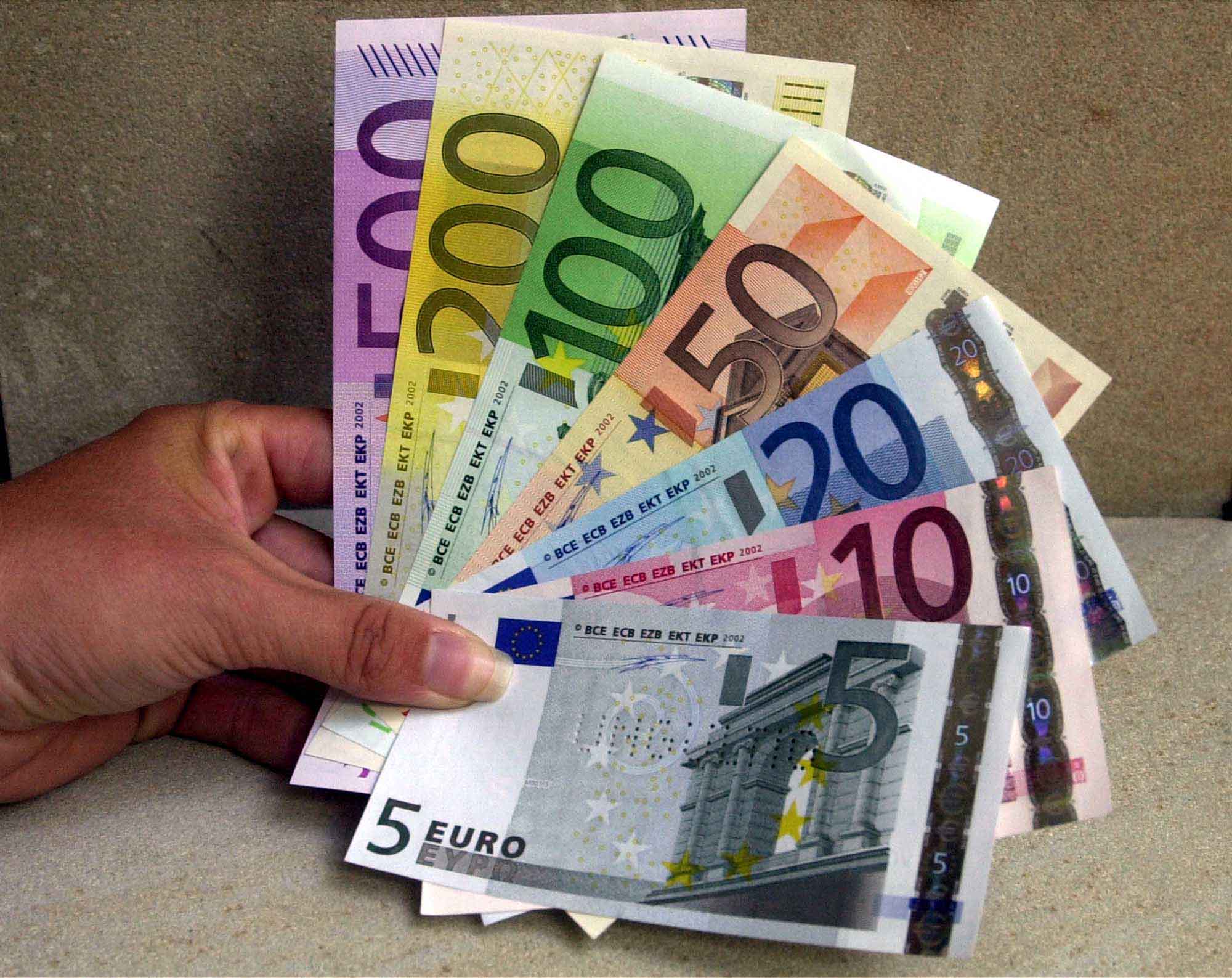TOKYO, Japan – The euro fell Monday after last-ditch talks between Greece and its official creditors collapsed, bringing the threat of a Greek exit from the common currency closer than ever.
The euro dropped to $1.1222 and 138.50 yen in Tokyo morning trade from $1.1260 and 138.92 yen in New York late Friday before the news that Greek debt talks came to a rupture.
“It is true that worries over the Greek exit from the euro are increasing” but the unit escaped sharp drops, said Shinya Harui, currency analyst at Nomura Securities.
“It had already been factored into markets to a certain extent” as seen in falls in Greek stocks and bond prices, he said.
It was unlikely the euro would take a plunge at the moment as investors were in “a wait-and-see mood”, he told AFP.
The crunch negotiations between Athens and its creditors — the European Union and International Monetary Fund — collapsed on Sunday
BACKSTORY: Greece debt talks collapse; default dangerously closer
It heaped worry that the cash-starved Greek government was heading irreversibly into a financial abyss with a huge IMF debt payment due at the end of the month.
The feeling is now stronger than ever that Greece could be finally heading for an exit from the euro after years of crisis.
All sides had agreed that the talks were the last chance for Athens to unlock vital bailout cash in return for tough reforms that Greece’s 40-year-old, tie-eschewing Prime Minister Alexis Tsipras still doggedly refuses.
Harui of Nomura said market players were now waiting for Thursday’s meeting of the eurozone’s 19 finance ministers, who control the bailout purse strings.
Investors “could go into a risk-off mode and trigger sharp falls” in the euro once definite negative news emerged from the meeting or elsewhere, he said.
Greece is shattered economically despite two rescue programmes since 2010 worth 240 billion euros ($270 billion), mostly in loans owed to its European partners, led by Germany and France.
The Athens stock market already crashed six percent on Friday on news that the fed up eurozone nations were making contingency plans for a default by Greece.
That came a day after the IMF announced it had pulled its technical teams from Brussels due to a lack of progress in the talks.
